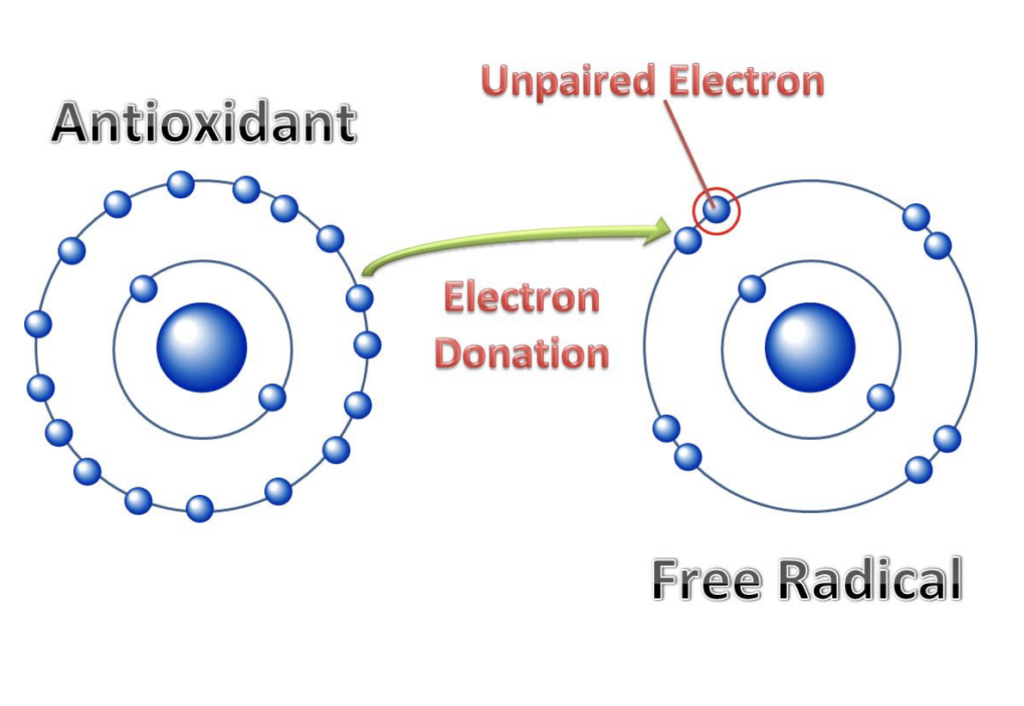Drinking alkaline water counteracts the blood’s inherent acidity because alkaline water has a higher pH. The water’s proponents claim that this effect has some health advantages that normal water does not. Such claims make us more inquisitive about what really is the science behind alkaline water.
Recent years have seen a huge increase in interest in alkaline water due to claims of its multiple health advantages. Drinking alkaline water, according to supporters, helps balance the acid in the body, increases hydration, and even fends off chronic diseases.
To distinguish fact from myth, it is important to look at the scientific research and studies done on alkaline water in the midst of the hoopla. In this article, we examine the science underlying alkaline water in more detail, providing proof and research while maintaining an objective viewpoint.
Alkaline water does not generally have any scientifically demonstrated health advantages over ordinary water, and studies that do suggest advantages often come with large caveats.
So first let’s take a look at the basic science behind alkaline water and then jump deeper into the intricacies.
What is the pH of alkaline water and what is alkalinity?
On a scale ranging from 0 to 14, pH tells us if a substance is acidic or alkaline. The pH values below 7 indicate that a substance is acidic and pH values above 7 tell us that the substance is alkaline. The pH of a substance of 7 is regarded as neutral.
Alkaline water has a pH above 7, ranging from 8 to 9. This makes it less acidic than our regular tap water which usually has a pH around 7.
What makes water alkaline?
Calcium, magnesium, and bicarbonate are examples of naturally occurring minerals. When water passes over various rocks and mountains it incorporates these minerals into it. The addition of these minerals makes water alkaline in a natural way.
Another way to make water alkaline is to pass it through water ionizers or by adding certain alkaline additives to it.
Some claims and the truth behind it
-Alkaline water neutralises acid in the body
Alkaline water’s proponents claim that it can neutralise the acidity that stress and a bad diet generate in our bodies.
However, the kidneys and lungs are the primary organs responsible for the body’s natural pH-regulating systems. Whatever the pH of the water eaten, these systems keep the pH equilibrium constant.
There isn’t much scientific data to back up the claim that alkaline water can drastically alter the pH balance of the body.
-Alkaline water possesses antioxidant properties

Alkaline water is said to have antioxidant capabilities. It reduces the body’s production of dangerous free radicals and slows down ageing.
It contains minerals with antioxidant properties. But the total effect on oxidative stress and ageing is still unknown.
In this area, there is a lack of proper research and studies on this subject. Thus there is no proof to back these claims.
Research studies and their outcomes on the science behind alkaline water
-Alkaline water cannot cure Cancer

More acidic environments in the body strengthen cancer cells, according to several research. Alkaline water proponents argue that an alkaline-rich diet could either prevent or treat the illness. However, these researchers used lab cells, thus it is impossible to fully understand how cancer cells develop and behave in the human body.
There isn’t enough data to support or refute alkaline water’s capacity to treat cancer, according to a systematic study from 2016. The investigation found that the media’s and marketers’ claims that alkaline water can treat cancer are unfounded and unsupported by science.
In addition, Robert O. Young, who first advocated an alkaline diet as a cancer cure, received a prison term in 2017 for practicing medicine without a license. The Medical Board of California looked into Young’s allegations as well and discovered that none of the 15 cancer patients who received alkaline diet therapy recovered from their illness.
– Water that is alkaline may not always be more hydrating
In a small 2016 study, healthy adults who were dehydrated after exercise were given either alkaline water or ordinary water to drink. It was discovered that people who drank alkaline water had much lower whole blood viscosity, which indicates better hydration.
Although this sounds encouraging, some well-known alkaline water companies paid to alter the studies. While working on this study, some of the researchers got consulting fees, and one disclosed obtaining stock options as a conflict of interest.
Although your body could naturally be able to use alkaline water slightly better than regular water due to the electrolyte minerals present in it, the difference is negligible. We should not rely on alkaline water to hydrate us more effectively than regular water.
Potential Risks and Factors to Consider

Consuming excessive amounts of alkaline water results in a high pH level in our blood. This causes a disease termed metabolic alkalosis. This disease causes confusion, abnormal twitching of muscles, and even nausea to us.
People should be very careful before consuming alkaline water on a regular basis.
Those who have certain medical conditions such as kidney illness or are on medications that hinder normal kidney functioning must first consult a healthcare professional.
We must also note that the U.S. Food and Drug Administration (FDA) does not support any health claims made in relation to alkaline water.







